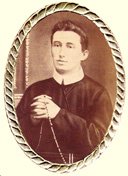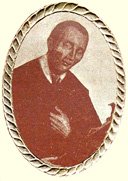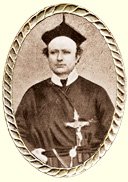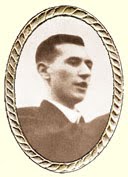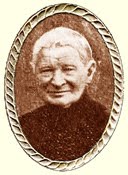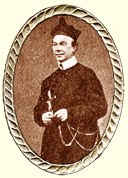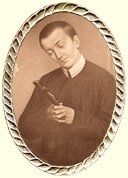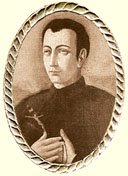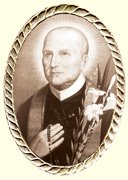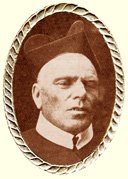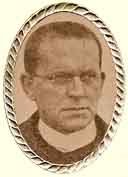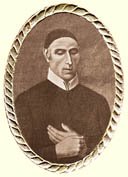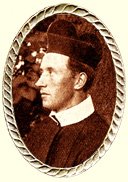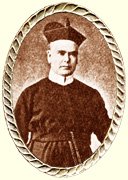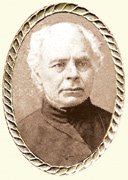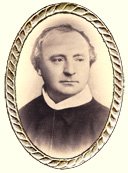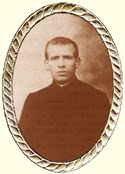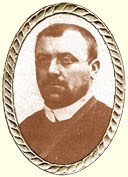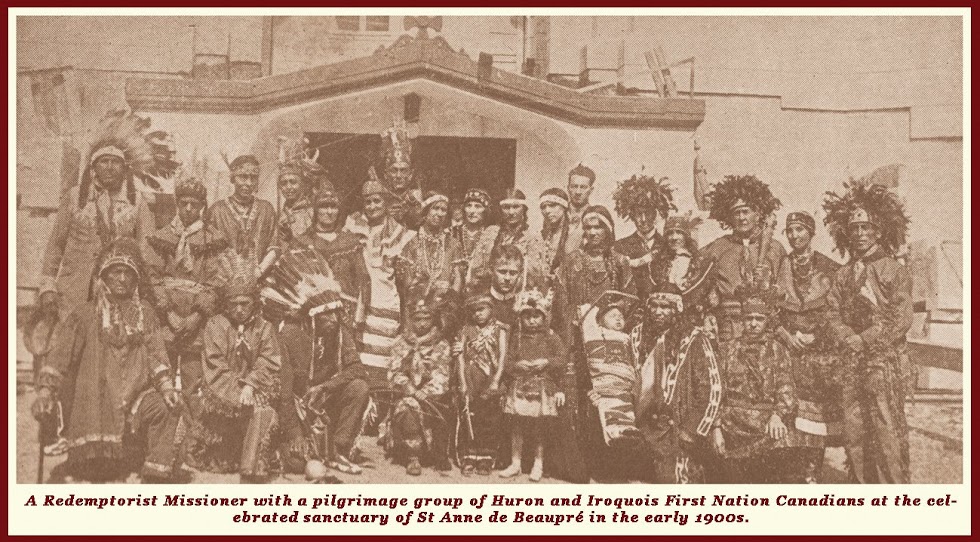Rev Fr Daniel Doherty, C.SS.R. (1837-1887)
 It was in the direction of souls that this Father especially distinguished himself. It has been written of him: “His principal work in the ministry lay in the confessional, and persons of every class were his penitents, rich and poor, learned and ignorant, old and young, mitred heads and well as the simple faithful.”
It was in the direction of souls that this Father especially distinguished himself. It has been written of him: “His principal work in the ministry lay in the confessional, and persons of every class were his penitents, rich and poor, learned and ignorant, old and young, mitred heads and well as the simple faithful.”
Daniel Doherty was born at Carndonagh, County Donegal, Ireland, on the 1st of November, 1837. When he had completed his preliminary studies there grew within him a great desire of consecrating himself entirely to God and to the saving of souls. It was in these dispositions he sought admittance into the Congregation of the Most Holy Redeemer. He was received, and at the end of his Novitiate in Bishop Eton, near Liverpool, he made his Vows, on the 26th of April, 1863. He was never robust in health and during his higher studies became very delicate. His Superiors thinking that he would never have the strength sufficient for missionary work hastened his ordination that he might apply himself to domestic offices. He was therefore ordained on the 22nd of December, 1866, by the Right Rev Dr Goss, Bishop of Liverpool. The priesthood seemed to have given him new strength and he continued his studies for two years more.
When he left the House of Studies he began his Apostolic work. He took the humble part of instructor in many Missions in Ireland, England, and Scotland, taking at the same time a principal part in hearing confessions. This was pre-eminently the work to which God had destined him, and all who knew him saw how faithful he was to this duty, especially during the many years he passed in Limerick and Dundalk. He won sinners by his kindness, and his wisdom and prudence helped him to draw many souls very near to God. He had excellent taste in all that belonged to the beauty of the House of God, and we owe to him much of that perfection which one may see in the Church and Altars of St. Joseph’s, Dundalk.
He had excellent taste in all that belonged to the beauty of the House of God, and we owe to him much of that perfection which one may see in the Church and Altars of St. Joseph’s, Dundalk.
Already in the earlier part of September, 1887, he was suffering much, but some days passed before anyone apprehended danger. He gradually got worse, and for ten days his illness lasted. He received the last Sacraments with his wonted piety. Between one and two o’clock on the 30th of September, surrounded by the community, praying for him, he expired.
To him were justly applied the words: “Cujus memoria in benedictione est.” His body now reposes in the crypt of that church in which he took such holy delight. †





















.jpg)









